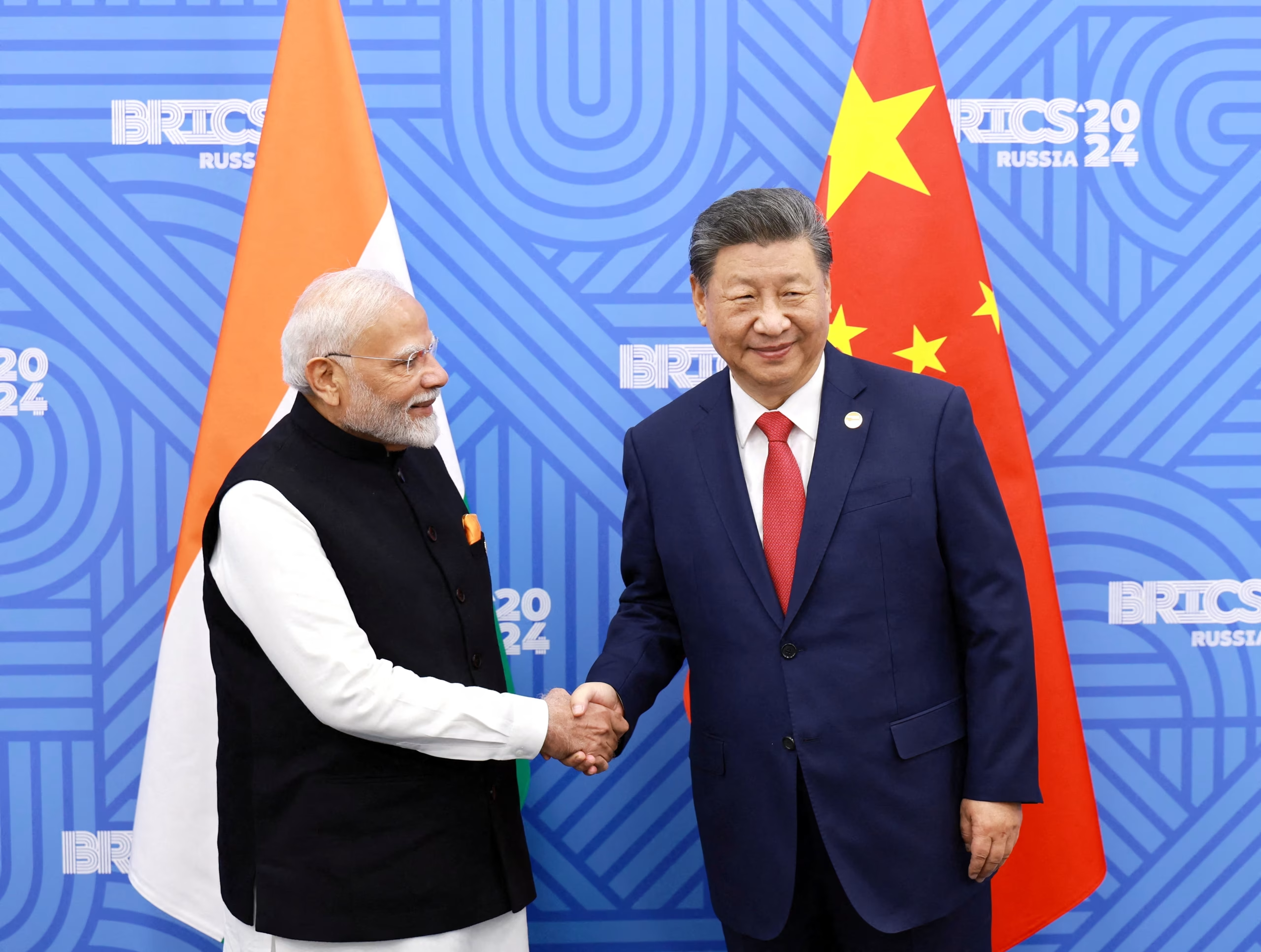
Balaram Bhallavi and his family might finally get a proper roof over their heads. For years, a tiled shanty in a sun-drenched village in India’s central Madhya Pradesh state has been home to Mr Bhallavi, his wife, and their four school-going children. A strip of a mud-floored foyer packs in a kitchen, a few plastic chairs, two rope beds and fraying clotheslines.
After a three-year wait, the Bhallavi family received 120,000 rupees ($1,445; £1,136) from a programme run by Prime Minister Narendra Modi’s government last year, allowing them to start building a new home.
More than 25 million homes have been built since 2016 under the rural public housing programme, called the Pradhan Mantri Awas Yojana (Prime Minister’s Housing Scheme). It is one of the more than 300 federal schemes that Mr Modi is leaning on to bolster support for his Bharatiya Janata Party (BJP) during the general election as he eyes a record-equalling third term in office.
“Life is tough. But I am grateful to get money from the government to build my first house,” Mr Bhallavi, 42, told the BBC.After coming to power in 2014, Mr Modi has expanded India’s welfare programmes, targeting women and farmers in particular. This includes providing cooking gas, free grain, houses, toilets, piped water, electricity and bank accounts, and beefing up a long-running jobs guarantee programme.
Many benefits – pensions, subsidies, loans and scholarships – are delivered through cash transfers to bank accounts linked to biometric identity cards held by over a billion Indians. Giant posters of Mr Modi promoting these schemes as his personal “guarantees” dominate the landscape.
Mr Modi says his government has spent more than 34 trillion rupees ($400bn; £316bn) in the past decade, delivering direct cash benefits to low-income households and reaching over 900 million people. A yearly handout of 6,000 rupees to more than 110 million farmers constitutes one of the world’s largest cash transfer programmes. The transfers, officials claim, have cut corruption and slashed costs.
Economist Arvind Subramanian calls this Mr Modi’s “New Welfarism”, funding essential private items like toilets, rather than expanding public goods such as primary education and healthcare.
To be sure, “New Welfarism” stands apart from the traditional welfare models in Europe or the US.
While the US tends to favour smaller government and lower taxes, resulting in modest social transfers, European welfare states have been more generous. Social democracies such as those in Scandinavia have favoured higher social spending, supported by higher taxes.
Following Mr Modi’s cue, all parties in India have caught what Devesh Kapur of Johns Hopkins University calls the “virus of cash transfers with numerous schemes across states and political parties”.
The country’s state governments now operate more than 2,000 cash transfer programmes. “Every party in India knows that welfare matters for votes,” says Mr Kapur.
Source: BBC
In other news – Radio presenter Penny Ntuli involved in car accident
Former Gagasi FM presenter Penny Ntuli was involved in a car accident on her way to Johannesburg on Tuesday, 7 May.
The 27-year-old influencer revealed the news to her followers on Facebook, stating that she is grateful she made it out unscathed. In the post, Ntuli explained that she was driving on the N3 Highway when a log from a truck fell out and hit her car. Read more











